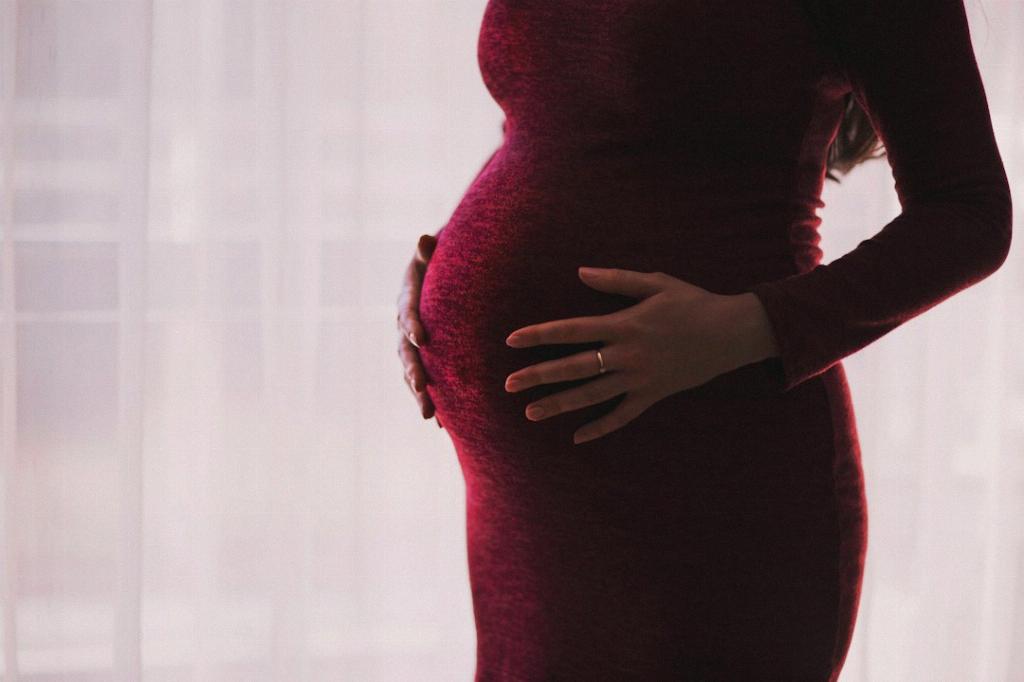It’s important to address the common concern many pregnant individuals have: Can I Say No To A Pap Smear While Pregnant? The answer may vary based on individual circumstances, but it’s necessary to understand the significance of Pap smears during pregnancy.
The Safety of Pap Smears During Pregnancy
First and foremost, it’s crucial to note that Pap smears are considered safe during pregnancy. Despite the changes your body undergoes, having a Pap smear performed while pregnant is generally safe and poses minimal risk to you and your developing baby.
Medical Necessity of Pap Smears
While many individuals may question the necessity of a Pap smear during pregnancy, it’s essential to evaluate your medical history and potential risks. Your healthcare provider may recommend a Pap smear based on your individual health needs and previous medical history.
Importance of Early Detection
One of the critical reasons for undergoing a Pap smear during pregnancy is the early detection of any abnormalities or potential health concerns. Detecting issues early can lead to prompt medical intervention and effective management of conditions that may arise.
Monitoring Your Reproductive Health
Regular Pap smears play a vital role in monitoring your reproductive health, especially during pregnancy when your body goes through significant changes. By staying vigilant about your health, you’re taking proactive steps to ensure the well-being of both you and your baby.
Risk Factors and Considerations
Factors such as previous abnormal Pap smear results, a history of cervical dysplasia, or other risk factors may influence the decision to proceed with a Pap smear during pregnancy. Your healthcare provider will consider these factors when recommending the necessity of a Pap smear.
Open Communication with Your Healthcare Provider
It’s essential to maintain open communication with your healthcare provider regarding any concerns or questions you may have about undergoing a Pap smear while pregnant. Your provider can address your specific needs and provide guidance tailored to your situation.
Maintaining Routine Health Screenings
Amidst the whirlwind of pregnancy, it’s easy to overlook routine health screenings such as Pap smears. However, these screenings are crucial for safeguarding your health and ensuring any potential issues are identified and managed promptly.
Empowering Informed Decision-Making
Ultimately, the decision to have a Pap smear during pregnancy rests in your hands. By staying informed about the benefits, risks, and necessity of the procedure, you can make a well-informed decision that aligns with your health goals and preferences.
Beneficial Follow-Up Care
In the event that a Pap smear reveals abnormal results during pregnancy, remember that follow-up care and additional screenings are available to address any concerns. Your healthcare provider will guide you through the next steps and provide necessary support.
Supportive Care Throughout Pregnancy
During pregnancy, it’s essential to receive comprehensive care that addresses all aspects of your health, including reproductive health screenings like Pap smears. Your healthcare provider is there to support you every step of the way and ensure you receive the care you need.
Conclusion: Prioritizing Your Health
In conclusion, while the decision to have a Pap smear during pregnancy is a personal one, understanding the importance of routine screenings and early detection can guide you in making informed choices about your health. Prioritizing your well-being sets the foundation for a healthy pregnancy and future well-being.

